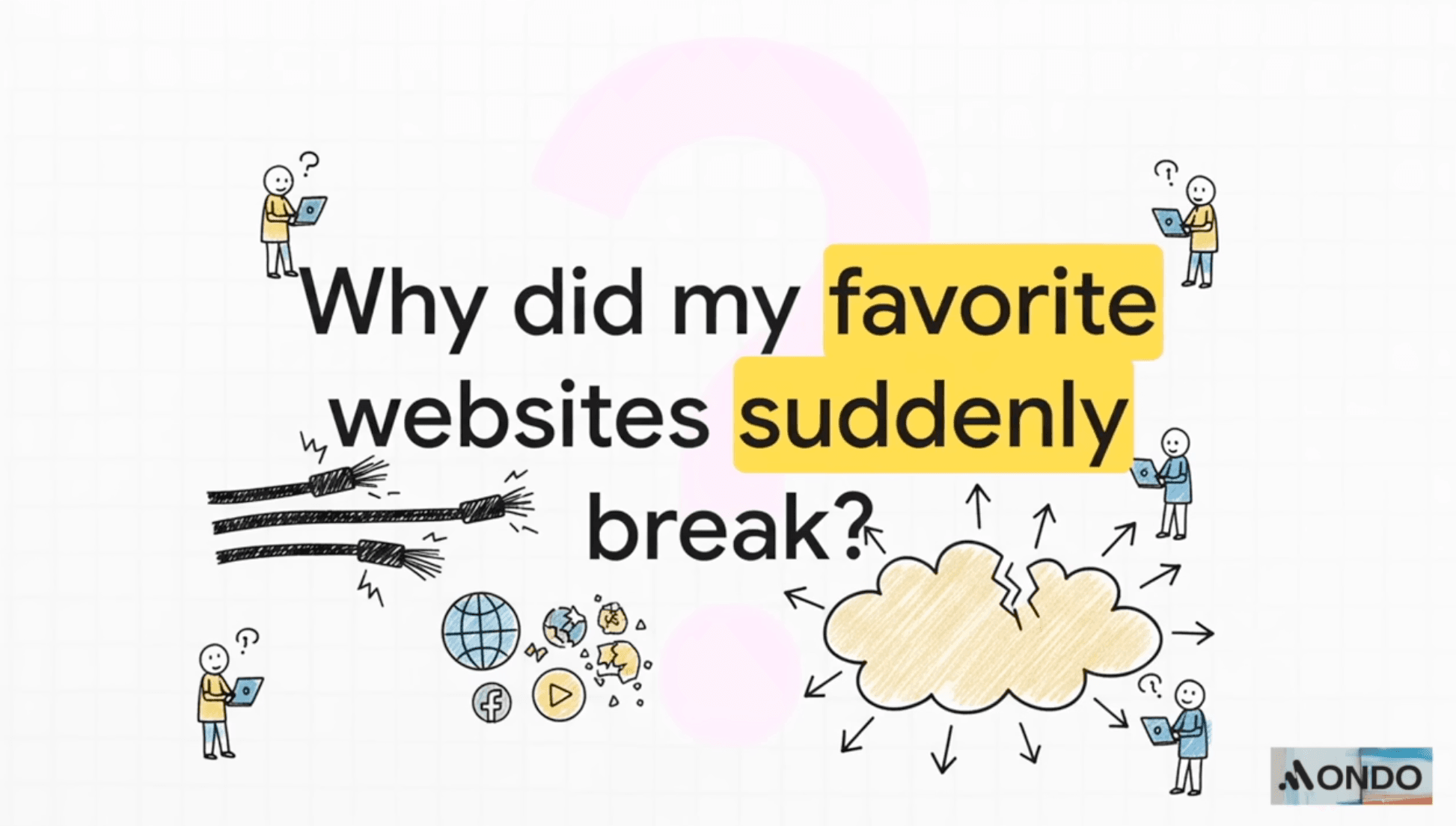Is Your Organisation Future-ready?

 Photo credit (above): Nguyen Hung Vu | Flickr
Photo credit (above): Nguyen Hung Vu | Flickr
Five major shifts that are reshaping work in ASEAN
The landscape of work in Malaysia is rapidly changing in comparison to a decade ago. Developments in technology have not only facilitated innovation and efficiency in the workplace but has also given birth to highly mobile and digital-savvy workers.
With the increase of Gen-Ys or Millennials in the workforce, both public and private sectors in Malaysia are experiencing shifts in the workplace from workers traditionally focused on job stability and linear career progression to an increased demand for customised careers and work-life practices such as flexible work arrangements.
In Accenture’s 2014 report, Building the Future-Ready Organization in Southeast Asia: Re-inventing Work in ASEAN, these shifts are not only seen in Malaysia but across ASEAN.
As ASEAN becomes increasingly diversified in the workplace, this will require business leaders, policymakers and education institutions to review their approach to talent management in order to seize opportunities.
Workplace trends in ASEAN
Accenture’s research identifies five major shifts that are reshaping work in ASEAN which are in line with some of the initiatives launched by Malaysian companies and national programmes.
Workplace trends
- Highly customised work experiences to address the desire for meaningful, flexible work and continuous development.
- Multi-generational and diverse workforce that includes previously untapped talent as well as the need to have more women in the workforce.
- High levels of digital competencies and a mindset of collaboration.
- Leaner, less hierarchical organisation structures with collaborative groups of leaders leading to flatter organisation structures and lines of reporting.
- Flexible approaches to sourcing talent with increased leverage of freelancers and partnerships with external players.
Leading the way in Malaysia
TalentCorp promotes the adoption of flexible work arrangements by Malaysian employers by providing best practices, tax incentives, and implementation support. As one of the best practices showcased on flexWorkLife.my, Agilent Technologies’ Malaysian operations offers several options to help employees balance work and personal life, including flexible work schedules, part-time work and working from home.
All public listed companies on Bursa Malaysia must disclose diversity policies covering gender, ethnicity and age for board and workforce for annual reports issued on or after Jan 2, 2015. Companies such as Sunway Group have already started disclosing their workforce diversity demographics.
flexWorkLife.my has examples of diversity disclosure from leading organisations, as well as other best practices.
In Penang, a Northern Women’s Network was formed in June 2014, led by Dell Malaysia, Intel Malaysia, Agilent Malaysia and AMD Malaysia in collaboration with TalentCorp. The objective of the network is to drive programmes that will enhance the participation of women in the workforce focusing on three areas:
- Developing leaders
- Sharing best practices
- Establishing family-friendly facilities, e.g. childcare facilities
Career progression and leadership pathways are not linked to experience or age, but instead to capabilities; which leads to a more meritocratic approach. “For us, if you’re good enough, you’re old enough,” says a human resource director of a Malaysian regional company.
Malaysia is oDesk’s 7th fastest growing market, where the company connects more than 4.5 million freelancers with 900,000 clients.
Recommendations for businesses to become future-ready
As companies prepare for the future of work, some Malaysian companies are taking the lead through their innovative programmes to promote diversity and inclusion (D&I), flexible work arrangements (e.g. work from home), family-friendly facilities (e.g. childcare centre) and work-life benefits (e.g. extended maternity leave).
These work-life practices aim to retain and attract the best talent by building a flexible and customised work environment.
Develop differentiated talent management strategies – Employers should invest in building ‘job-ready’ workers by reaching out to potential candidates while they are still in school.
Tap into an extended workforce – Companies that come out ahead will be those that find a way to constantly source the right workers at the right time. For example, operational or administrative tasks can be done by contract workers (e.g. women on career break), or even volunteers.
Build a flexible operating model – A flexible structure enabling a ‘buy, borrow, build, move’ talent model will help build agile organisations that draw on diverse talent pools, internally or externally. Organisation structures will also need to evolve to become flatter.
Evolve the right management – Leaders and management teams will need to welcome and invest in an extended workforce. Companies will also need to create champions for change – leaders who embrace change, collaboration and innovation.
Examples of initiatives that are Future Ready
The FasTrack programme by TalentCorp is creating a pool of industry-ready talent in the electrical and electronics (E&E) industry in Penang. Public and private-led collaborations between TalentCorp and MNCs (multinational companies) such as Intel and Motorola provide problem-solving, digital and R&D (research and development) relevant competencies.
BASF Asia-Pacific Service Centre (Job Sharing Pilot) – The pilot converted selected full-time positions into two part-time job sharing positions to attract a wider pool of talent. The pilot targets women who have previously been on a career break.
Shell Malaysia (Gender Diversity) – The Malaysian operation has recruitment targets to hire females in technical and commercial skill pool and sets targets for percentage of women in senior leadership, which is in line with its global targets.
PwC Malaysia (D&l Champions) – The company’s leadership team drives D&l in Malaysia which is reflected in their employee programmes. For example, the Talent Development Council ensures that the talent pool is well represented by female talent.
“As work is transforming rapidly both locally and regionally, companies must proactively plan and adjust to the significant shifts in worker’s expectations and skills. Building a diverse and collaborative workforce utilising technology will be key in helping companies at all stages of maturity navigate through these changes and grasp the opportunities generated by these shifts in work.” — Janet Yap, country managing director, Accenture Malaysia
For the full report, please click here.
Business




